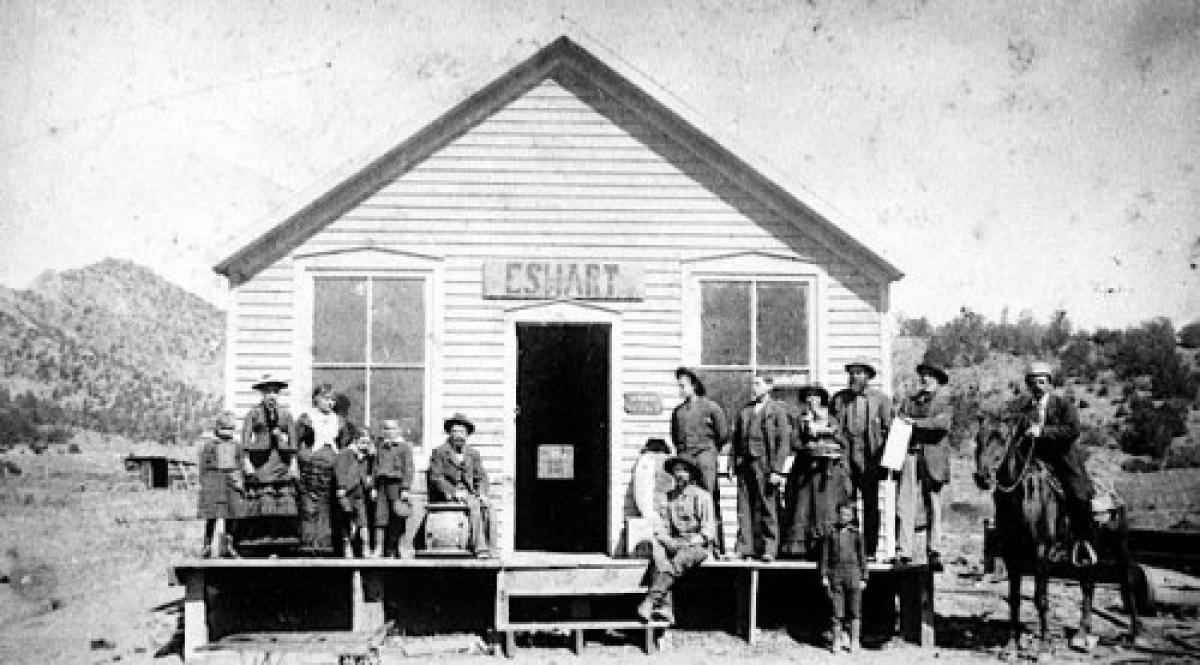DU Professor in Middle of Historical Dispute
Prof. Adam Rovner selected to serve as "neutral arbiter" over 19th century Colorado settlement

Cotopaxi general store run by Emmanuel Saltiel (Courtesy of the Beck Archives, CJS and Special Collections, University Libraries, University of Denver)
Adam Rovner, professor of English and Jewish literature, has been asked to authenticate archival documents that will hopefully shed light on a part of Colorado history. Rovner’s research surrounding an immigrant settlement in the early 19thcentury caught the attention of a descendant of one of the historical figures, Miles Saltiel, who is seeking to learn more about what happened.
In the late 1880s, a group of about 50 Jewish immigrants fleeing Czarist Russian persecution settled in Cotopaxi to create an agricultural community. In his interview with Colorado Public Radio (CPR), Rovner explained, “The colonists who were being brought to or sent to Cotopaxi were part of this large wave of immigration. They were just looking for a better life like most immigrants to the US.” The settlement was ultimately a failure, in part because of the unforgiving land the immigrants were attempting to farm.







